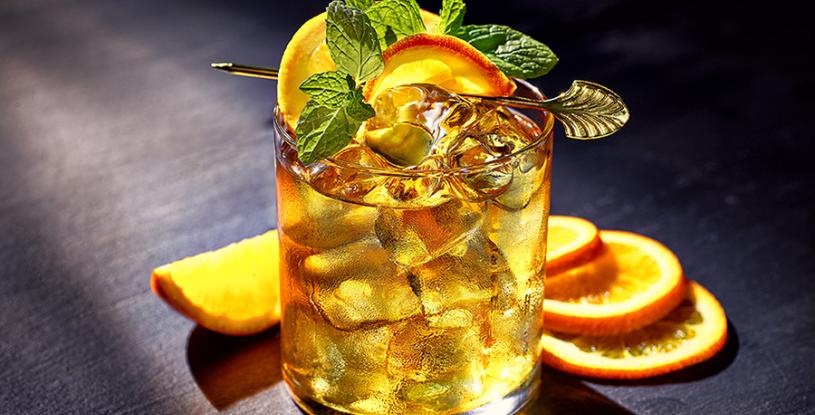The future is calling, and it’s talking about wellness and self-care. The generation that follows the Millennial cohort, Gen Z (defined by Pew Research as born between 1997 and 2012) includes young adults now of legal drinking age. Unlike previous generations, these younger drinkers are more likely to embrace moderation.
For Gen Z, keggers and blackout drinking are out. Low- or no-alcohol beverages are in. The reasons are unique to this group. Gen Z is acutely aware of how food and drink affect health and they are concerned about alcohol’s effect on mood. They also have been influenced by experiencing the impact of social media. According to some observers, a generation that has never known life without a smartphone may not want drunken photos or videos shared on TikTok or Instagram.
With these concerns in mind, Gen Z reportedly drinks about 20% less per capita than Millennials, who in turn drink less than Baby Boomers and Gen X, according to a 2018 report from Berenberg Research. Sober-curious and “dry January” are common trends among these younger drinkers.
Gen Z is said to engage in “mindful” drinking. In a broader sense, they are mindful consumers who want to make their own decisions about brands. They desire fewer marketing taglines, but more ingredients information listed on food and beverage packaging, for example.
When it comes to food and drink, they demand quality ingredients associated with good health such as non-GMO, gluten-free or “plant-forward” attributes. And they’re willing to pay a premium for them. Niche or luxury brands have a special appeal, which may benefit craft spirits brands.
They want to know a brand’s story and the company’s values. What does it stand for? What’s the “why” behind the business?
“…I think there’s a real authenticity to the Gen Z generation in saying they want to breathe new life into what corporate responsibility looks like,” said McKinsey partner Bo Finneman. He was part of an August 2020 McKinsey podcast discussing how Gen Z is shaping the future of shopping.
Discerning and focused, these younger drinkers enjoy a good cocktail. As a group that often favors staying in to explore “mixology” at home, they are open to videos with cocktail recipes and instructions, an opportunity for craft brands to connect.
Gen Z also is open to unique experiences. That may include sampling carefully crafted cocktails in classic settings. Read more about Gen Z’s pilgrimage to timeless New York City bars here.

